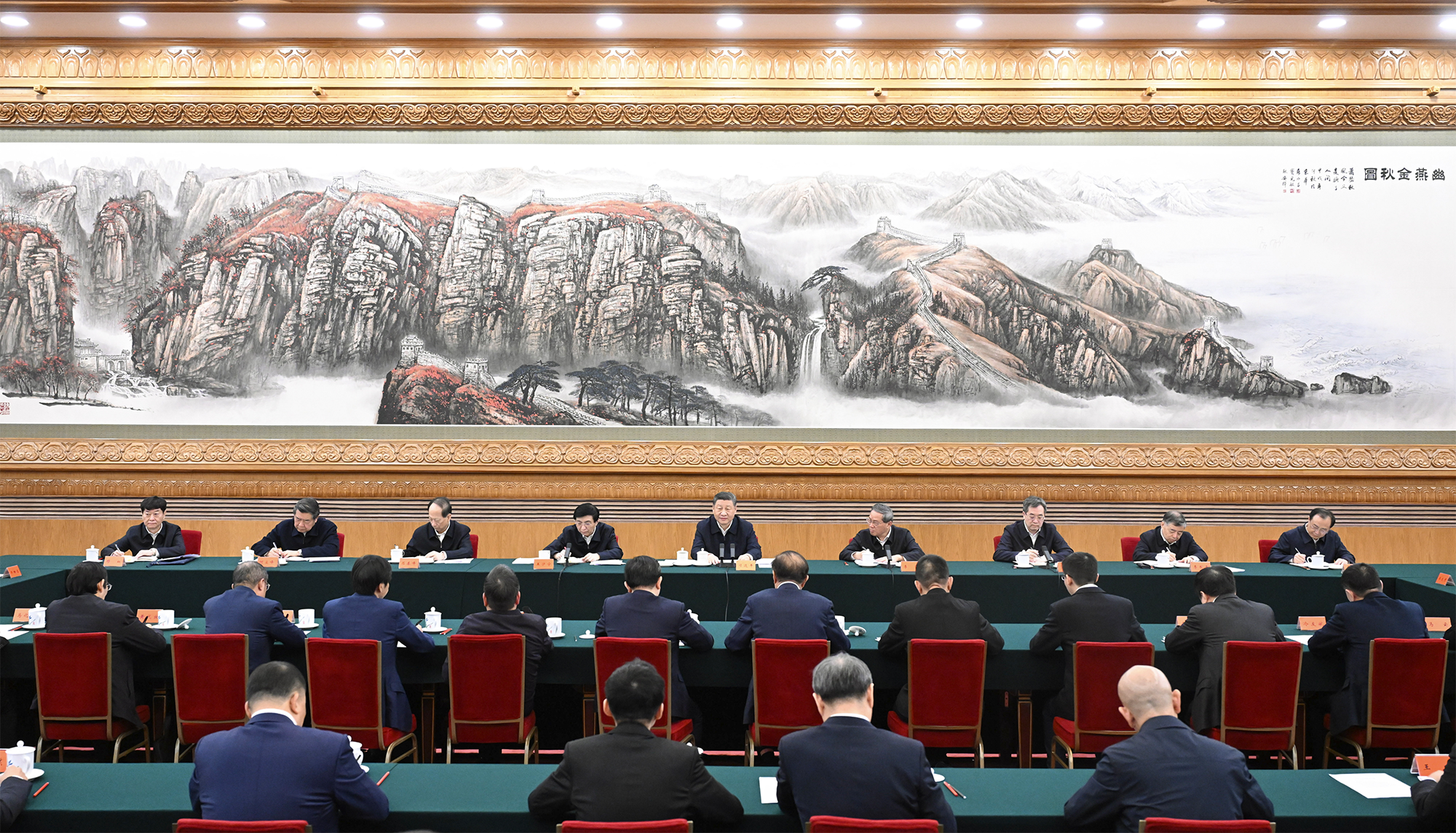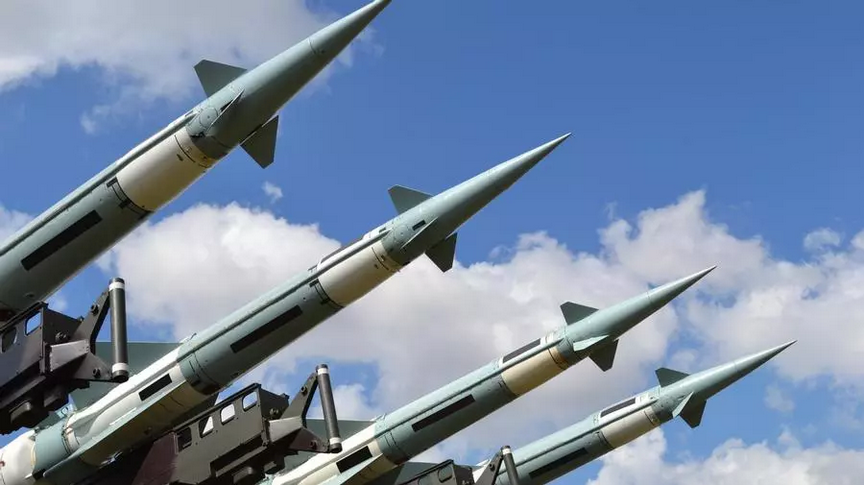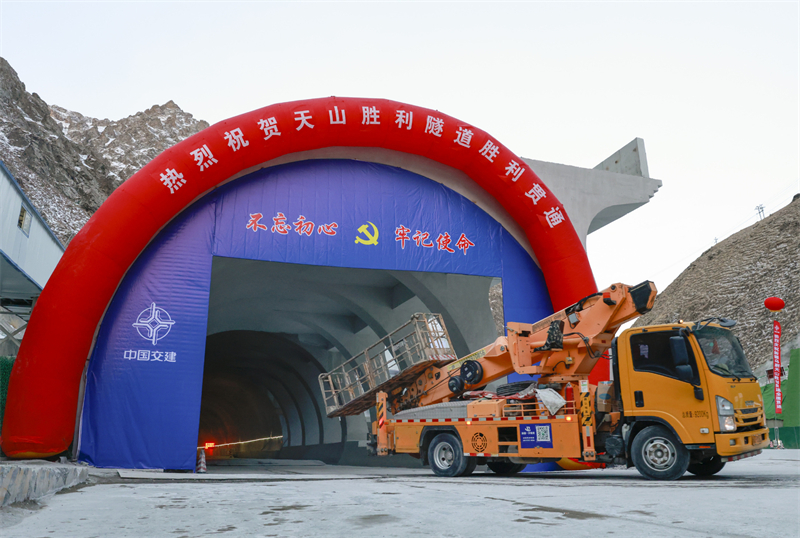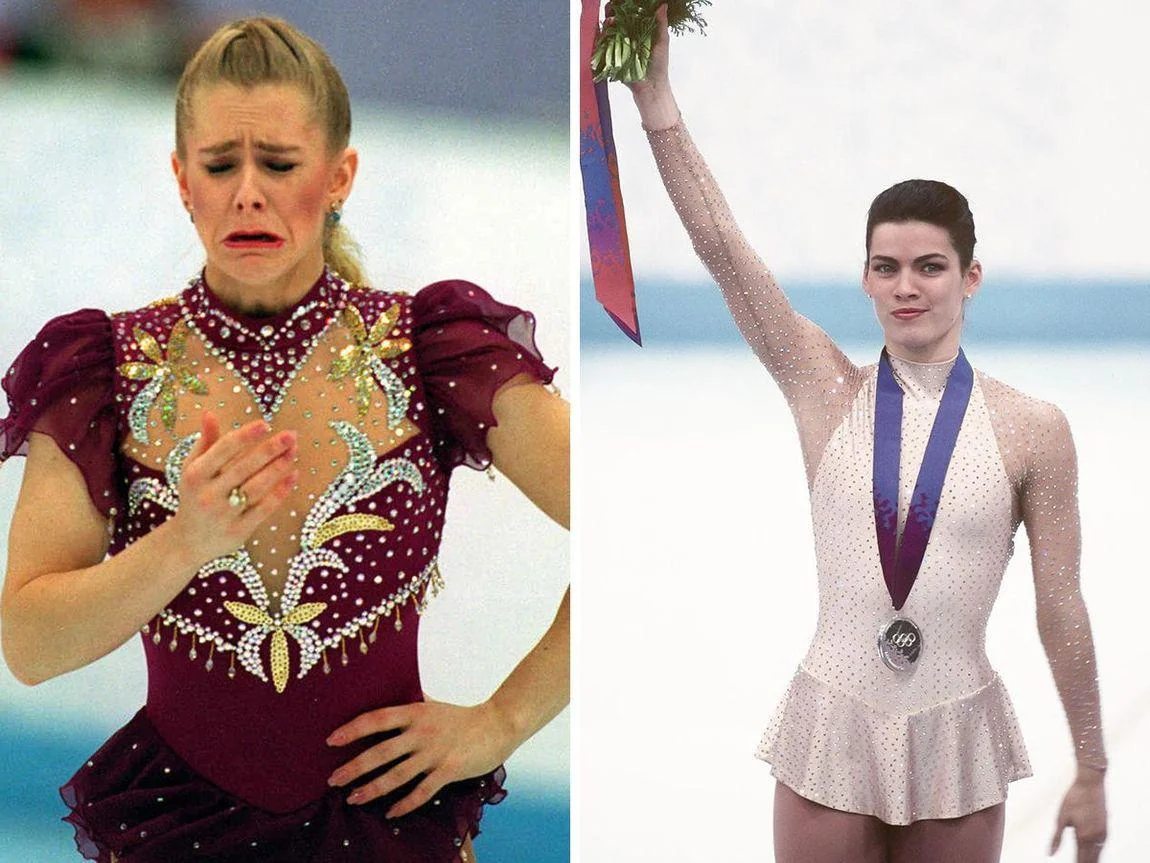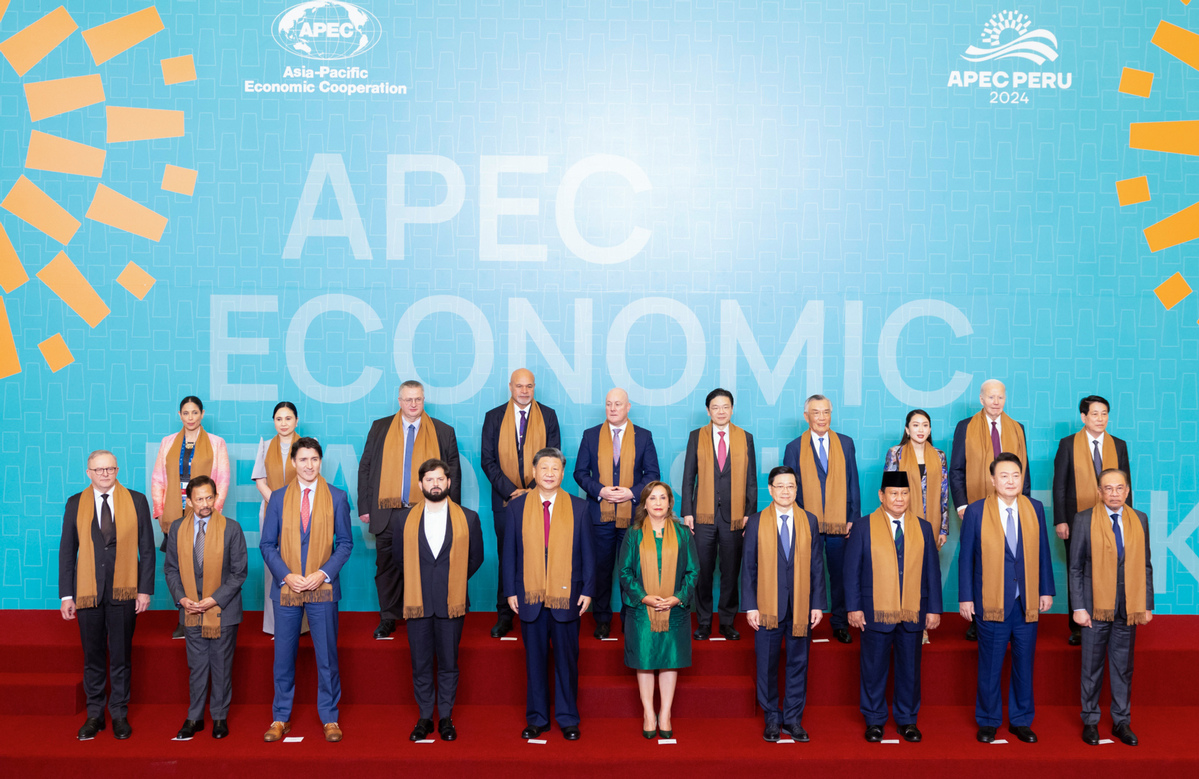With Xi Jinping, a special generation in China wants to strengthen power
- The last assembly of the Communist Party of China has put Xi Jinping as Mao Zong, whose thought will be studied in schools like that of that great Lemazain. Secretary General of the party, president of the republic, head of the army... Do you have to understand that Xi Jinping has brought all the powers of China in his hands? The command games in the world’s largest country can be analyzed from different points of view. Analyzing from the dynamics of the generations, for example, can be of great value.
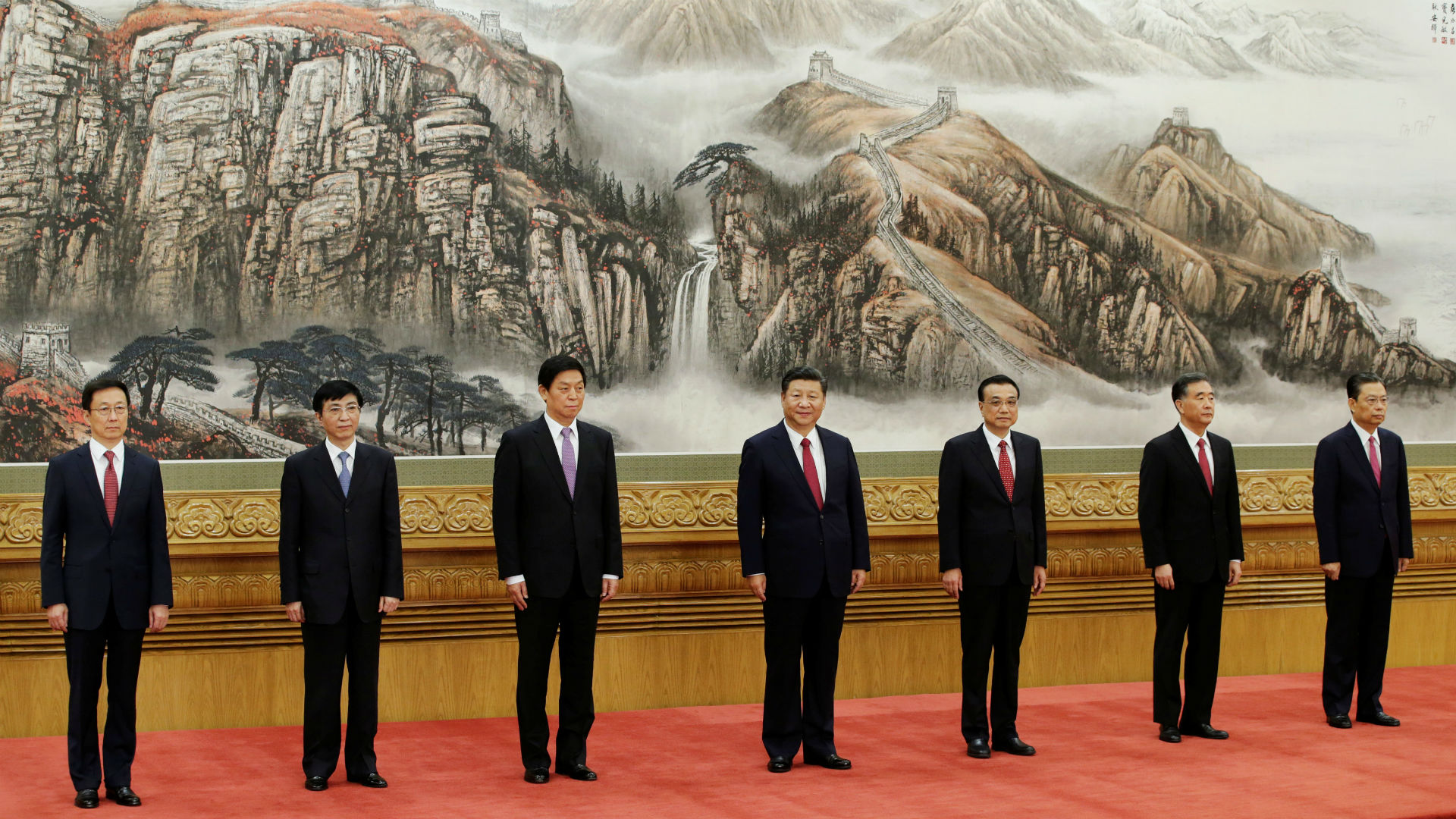
The sociologist and economist Jean-Louis Rocca (1957) is a professor at the Sciences Po (Political Sciences) school in Paris, taught for seven years at Tsinghua University in Beijing and has written about Chinese society and politics. At the moment, her research focuses on “China’s middle classes: social narration and debate about democratization.”
Rocca, who also dominates Chinese, has this year published two juicy articles in Le Monde Diplomatique, the last on the eve of the Chinese Communist Party assembly: “But what does Xi Jinping want?” In it he proposes to put aside the clichés that have opened up over China and to analyze what is happening there from the point of view of the generations, that is, the characteristics of the generation that today has in its hands economic and political power. The following lines are intended to summarize that of Rocca.
Why the analysis of the generations? “Just as socializing in a social class shapes a person – as in walking in political behavior – the fact of belonging to a generation that has had the same experiences helps to be a person in a way. In this case the case of the Chinese elite is exemplary. In all areas, in the economy, in art, in academia and, of course, in politics, a very special generation now has in its hands the leaders of power, as demonstrated by the trajectory of lehendakari Xi Jinping.”
The privileged child, born in 1953 in a family of high cadres of the Communist Party, was severely punished with his family in the Cultural Revolution of the years 1966-1971. From heaven to hell, from one moment to the next, there are many childhood traumas of Xi Jinping. However, as soon as the storm calmed down, he was able to go to college, and then start making political career in the Party -- to the top.
Most of the elite people who today travel in China around the age of 60-70 have in their body and soul the scars left by those convulsive times, especially the children of the first generation of revolutionaries, believing that the right to be leaders of China belongs to them from the cradle because they have been born red.
The value most appreciated by this generation is stability. For having studied in education, but especially for having had them on their skin in the Cultural Revolution, there is nothing to worry about more than political confrontations. So the modernization of China needs a modern, rational and -- authoritarian elite.
The second feature is that modernization is needed to regain its glory to China. Modernisation with a nationalist objective. In this case, as in the obsession of order, this elite gives continuity to the path marked by the main Chinese authorities throughout the twentieth century. They want to put China back in the middle of the world. Although this ethnocentrism brings with it a serious problem today in China: the great ignorance of what happens abroad.
Another central value: networks of friends, groups, to survive in an unstable and dangerous world. In the case of Xi Jinping, he has arrived in Lehendakaritza with a network of friends and collaborators organized at the beginning of his career in the provinces of Fujian and Zhejiang.
A powerful command needs face
Since the 1990s, elites have become increasingly internationalized: their values are increasingly those of international elites, they have money and goods abroad, they send children to the United States or Europe to study and live. For the time being, this has not contradicted the technocratic model of the Communist Party, but how long will it be a yoke for the elites to follow the agenda of international capital and loyalty to China?
The fight against corruption has become an essential weapon to reclaim the national root in the midst of these contradictions, to keep the elites within the barrier. In a scheme in which it is not distinguished to be a party representative, a senior state official and businessman, loyalty to the people and the party is imposed on all. The fight against corruption is undoubtedly a good tool for destroying the political adversary. But there's also a control tool for, above all, loyalty to the team.
The Chinese elite accepts protests from groups and people affected by modernization, provided that complaints are limited to concrete problems inside the house, without questioning the regime. In many parts of China, such as the surrounding villages and factories that are suffering from pollution, protests have become commonplace, to shut down these smells, to demand salary increases -- to defend interests. The authorities have ways of negotiating with them. However, if trade unions or associations are to be organised around these interests, repression is not pious. If we are talking about a different dissent, a political dissent that the Chinese elite and the whole system want to question: this means being expelled from the social body.
In this overall picture, Xi Jinping's role is far from the image that the Western press has made of him. The strengthening of central power and ideological control, the emphasis on leadership that corresponds to the secretary general of the party, the toughest oppression of dissidents, all of which does not confirm the existence of a personal power and vice versa, reveals the consensus among the elites. Fundamentally, social and political stability needs to strengthen party loyalty and a face must be put on the party. Today that face is Xi Jinping, but there may be another one, provided it's the same style and features. Why a face and not a collective? No doubt because they believe that the era has their anguish and because the children of revolutionaries have reached the age of taking power, it is essential to recover the virtues of the spirit of revolution. Faced with the idea that the former Secretary-General, Hu Jintao, has been too soft during his term of office, they wanted to insist on the powerful command that China needs.
“To own and master, Rocca says, Xi Jinping should have a line of project or thought up to those who had Mao Zedong or Deng Xiaoping.No has. Their policies do not break with those of the past, either in the fight against corruption, in the attempt to strengthen China’s strength, or in the fight against poverty and inequalities.” The 2022 Communist Party meeting will see if the third generation has taken hold until then.
Silicon Valley-ko oligarkia AEBetako gobernura iritsi berritan lehertu da adimen artifizialaren (AA) burbuila. Txip aurreratuen erraldoia den Nvidia-k urtarrilaren amaieran izandako %16,8ko balio galera, egun bakar batean inoiz izan den burtsa balio galerarik handiena da... [+]
Otsailaren 17an Txinako Alderdi Komunistaren arduradun gorenak bildu ziren bertako enpresa pribatu handienen zuzendari nagusiekin. Ez da ohikoa aldi eta areto berberean Huawei, BYD, New Hope, Tencent, SWSC, Yushu, Xiaomi edo DeepSeek bezalako konpainien nagusi gorenak bilduta... [+]
The old continent has planted a trade war to China, where the European electric car market is about to be a historic and ridiculous failure. It is the fault of the Chinese, that European electric cars are twice as expensive as their own. What hurts them is that people here,... [+]












